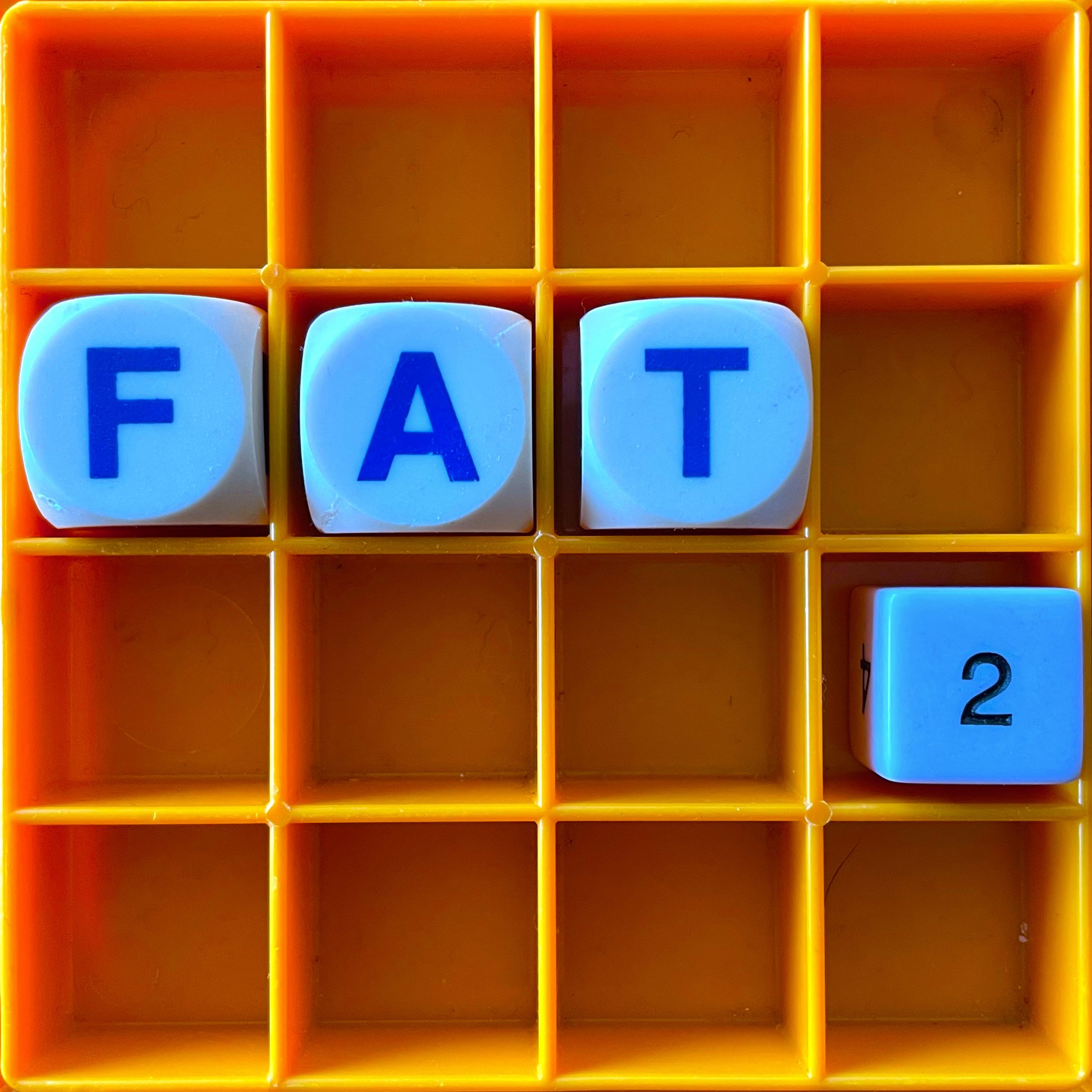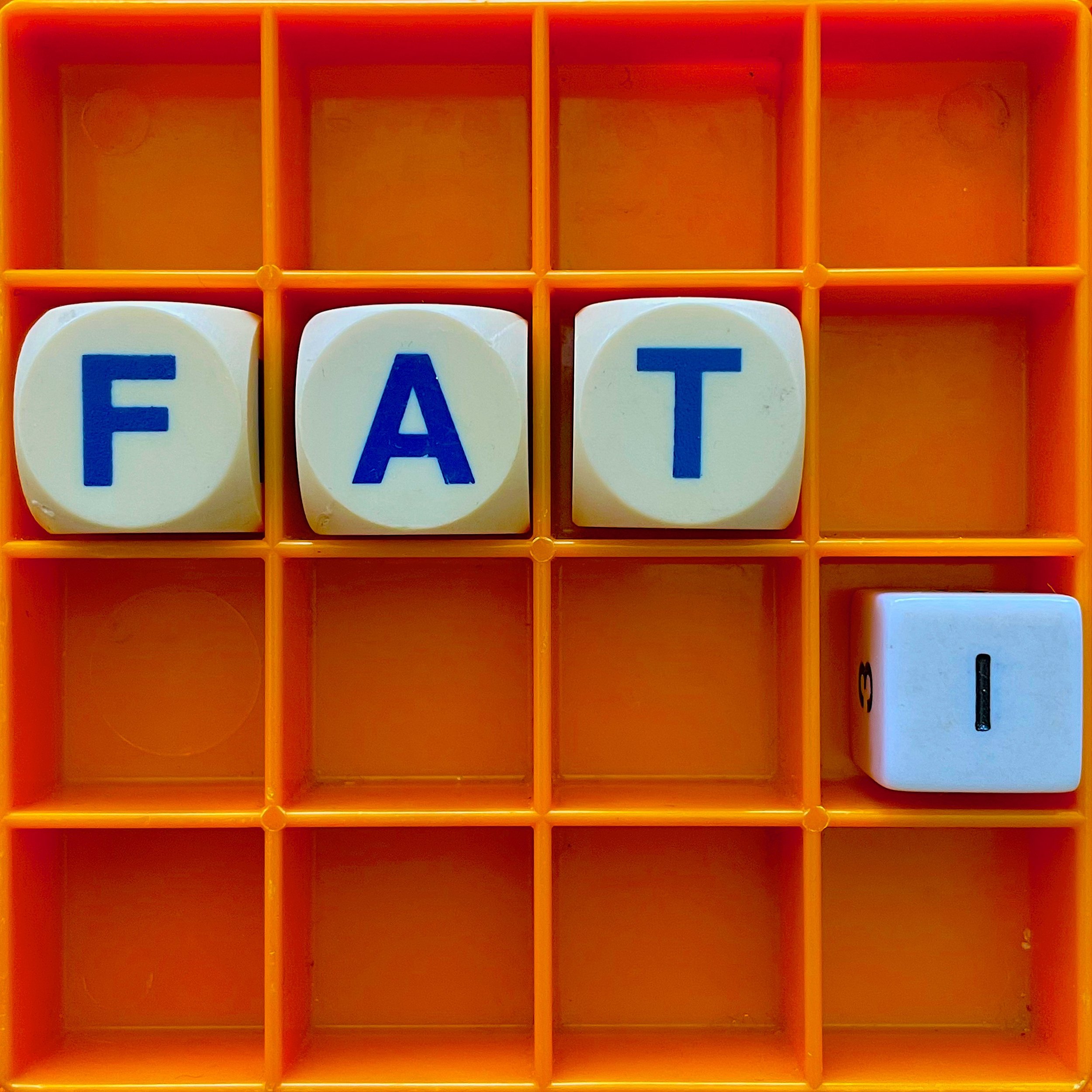This is the Allusionist, in which I, Helen Zaltzman, have been stashing away special Allusiobits all year, when the people who appeared on the show said interesting things that I couldn’t fit into their episode because there wasn’t room or it was not about language - waiting, just waiting, for this, the annual Bonus episode! This year we’ve got something called the ‘universal blank’, which actually does not refer to my emotions; we’ve got tricorn hats, poets with migraines, and why Boston cream pie isn’t a pie. And so much more.
Read moreAllusionist 199. 199 ideas that I hadn't made into podcasts yet - transcript
This is the 199th episode of the show, and since before this show began, so for nearly a decade, I have been jotting down ideas in two documents - one for short ideas, one for long ideas. There are always more ideas than I have time and ability to make podcasts about, so now the documents are altogether 66 pages long and growing every day. So in this episode, you’re going to hear 199 ideas that I wanted to put into the podcast and haven’t yet.
Read moreAllusionist 191 Hypochondria - transcript
CAROLINE CRAMPTON: A lot of the theoretical material that I'd read about hypochondria very much positioned it in this binary situation that either someone has, quote, real illness, i.e. illness that you can detect with a scan or a blood test or some other diagnostic tool, or "It's all in their head and it's made up," and those are the only two ways it can be. But, just personally, I feel like I'm pretty much constantly experiencing some combination of the two. And I think the idea that there is unwarranted fear: I don't think there is any such thing as unwarranted fear, to be honest.
Read moreAllusionist 180 Project ENABLE transcript
STERLING MARTIN: Growing up, I've always had an interest in science and that's something my family helped nurture. Also just growing up, there weren't many Navajo words in science. Then I went to undergrad at the University of Iowa and my parents were like, "Oh, what are you doing?" And I worked in a research lab, so I could get some bench experience, and just trying to explain to them what I was doing scientifically, I could tell they weren't really catching on to what it meant.
Read moreAllusionist 177 Fat part 2 transcript
AUBREY GORDON: Our anti-fatness became a way to sublimate all of the sort of latent racism, classism, ableism, all of that kind of stuff, and just pin it on folks who we could convince ourselves, quote unquote, “did it to themselves” and therefore deserve whatever's coming to them. Which is sort of the attitude toward fat people: “If you really didn't wanna be treated this way, you'd just lose weight,” without any real recognition of what it takes to lose weight. Have you seen people diet? Have you dieted? If you have, you know it is not a straight line.
I think the other thing that feels really tricky about all of this is, aside from surgical methods - and even within some surgical methods - we do not know, scientifically, reliably, how to make fat people thin in the long term. And many physicians know that. Many insurers know that. And yet still the instruction is when you encounter a fat patient, you are in dereliction of duty if you don't tell that person that they're fat and they need to lose weight.
Allusionist 176 Fat part 1 transcript
AUBREY GORDON: The words that always bothered me considerably more than ‘fat’ are the many, many, many euphemisms that people who aren't fat come up with to supplant fat.
HZ: ‘Curvy’. My chins are.
AUBREY GORDON: Totally. I'm like, “I have one curve, guys! I'm just like an egg shape.”
Allusionist 152 Asperger transcript
EDITH SHEFFER: I do think it's important that Asperger's syndrome be removed as a distinct label. I don't think it's helpful medically and then ethically. Eponymous diagnoses are bestowed as an honour, to commend someone for one's life work and also to commend someone for discovering a condition. And arguably Asperger merits neither.
Read more






